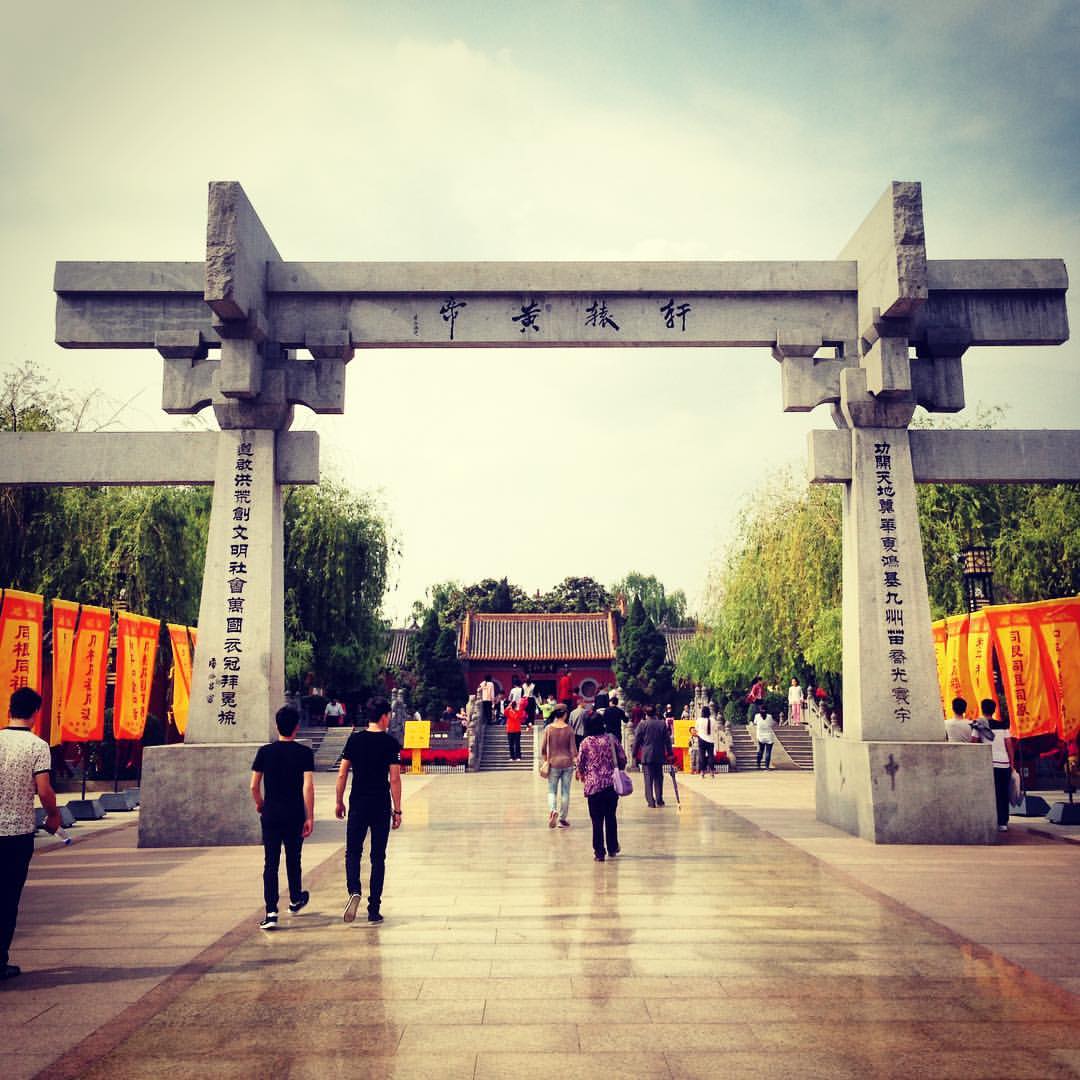|
Yuqiang
Yuqiang (, alternatively Yujiang 禺疆 or Yujing 禺京), in Chinese mythology is one of the descendants of Huang Di, the "Yellow Emperor". Yuqiang was also the god of the north sea and a wind god. His father was Yuhao, another sea god. Some accounts (''Shanhaijing'' chapters 8 and 17) describe Yuqiang as having the body of a bird and the face of a human being, with a serpent mount for each foot that facilitated his travels.Yang, 245-246 See also *Chinese mythology Chinese mythology () is mythology that has been passed down in oral form or recorded in literature in the geographic area now known as Greater China. Chinese mythology includes many varied myths from regional and cultural traditions. Much of t ... Notes References *Yang, Lihui, ''et al.'' (2005). ''Handbook of Chinese Mythology''. New York: Oxford University Press. {{ISBN, 978-0-19-533263-6 Chinese gods ... [...More Info...] [...Related Items...] OR: [Wikipedia] [Google] [Baidu] |
Chinese Mythology
Chinese mythology () is mythology that has been passed down in oral form or recorded in literature in the geographic area now known as Greater China. Chinese mythology includes many varied myths from regional and cultural traditions. Much of the mythology involves exciting stories full of fantastic people and beings, the use of magical powers, often taking place in an exotic mythological place or time. Like many mythologies, Chinese mythology has in the past been believed to be, at least in part, a factual recording of history. Along with Chinese folklore, Chinese mythology forms an important part of Chinese folk religion. Many stories regarding characters and events of the distant past have a double tradition: ones which present a more historicized or euhemerized version and ones which present a more mythological version. Many myths involve the creation and cosmology of the universe and its deities and inhabitants. Some mythology involves creation myths, the origin of things, ... [...More Info...] [...Related Items...] OR: [Wikipedia] [Google] [Baidu] |
Yellow Emperor
The Yellow Emperor, also known as the Yellow Thearch or by his Chinese name Huangdi (), is a deity ('' shen'') in Chinese religion, one of the legendary Chinese sovereigns and culture heroes included among the mytho-historical Three Sovereigns and Five Emperors and cosmological Five Regions' Highest Deities (). Calculated by Jesuit missionaries on the basis of Chinese chronicles and later accepted by the twentieth-century promoters of a universal calendar starting with the Yellow Emperor, Huangdi's traditional reign dates are 2697–2597 or 2698–2598 BC. Huangdi's cult became prominent in the late Warring States and early Han dynasty, when he was portrayed as the originator of the centralized state, as a cosmic ruler, and as a patron of esoteric arts. A large number of texts – such as the ''Huangdi Neijing'', a medical classic, and the '' Huangdi Sijing'', a group of political treatises – were thus attributed to him. Having waned in influence during most of the ... [...More Info...] [...Related Items...] OR: [Wikipedia] [Google] [Baidu] |
Shanhaijing
The ''Classic of Mountains and Seas'', also known as ''Shan Hai Jing'', formerly romanized as the ''Shan-hai Ching'', is a Chinese classic text and a compilation of mythic geography and beasts. Early versions of the text may have existed since the 4th century BCE, but the present form was not reached until the early Han dynasty. It is largely a fabulous geographical and cultural account of pre-Qin China as well as a collection of Chinese mythology. The book is divided into eighteen sections; it describes over 550 mountains and 300 channels. Authorship The exact author(s) of the book and the time it was written are still undetermined. It was originally thought that mythical figures such as Yu the Great or Boyi wrote the book. However, the consensus among modern Sinologists is that the book was not written at a single time by a single author, but rather by numerous people from the period of the Warring States to the beginning of the Han dynasty. The first known editor of the ... [...More Info...] [...Related Items...] OR: [Wikipedia] [Google] [Baidu] |

